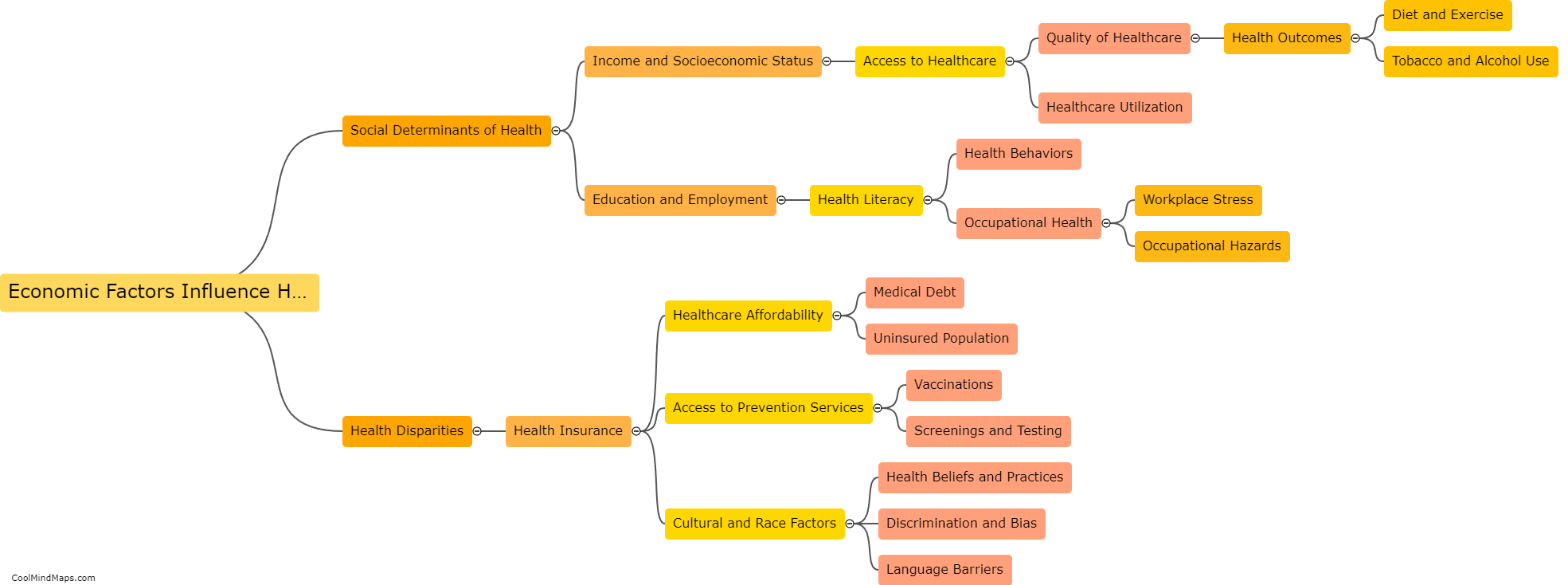What are the economic consequences of mental health disorders?
Mental health disorders have significant economic consequences that extend beyond individuals and families to affect society as a whole. Firstly, mental health disorders can lead to a reduced workforce participation and productivity. Workers suffering from mental health issues may experience difficulties in concentrating, making decisions, and maintaining relationships, resulting in absenteeism and presenteeism. This productivity loss can have a severe impact on the overall economic output of a country. Secondly, mental health disorders often require medical treatment, therapy, and medication, leading to increased healthcare costs. The burden of these costs can fall on the individual, their family, or even government-funded healthcare systems. Lastly, untreated mental health disorders can have long-term effects on individuals' education, career prospects, and overall economic success. This can perpetuate a cycle of poverty and inequality, contributing to higher rates of unemployment, welfare dependency, and social exclusion. Thus, recognizing and addressing mental health disorders is not only crucial for humanitarian reasons but also for the overall economic well-being of societies.

This mind map was published on 16 November 2023 and has been viewed 85 times.











